Idle Thoughts: An Interview with Dan Karbousky and Athena Ryan
February 14, 2022
Flip Kimball interviewed STEM Teacher Dan Karbousky and sophomore Athena Ryan about their Fall Impact Program.
Flip: What is this Impact project you’re doing?
Athena: We’re trying to teach people about the dangers of idling your cars, because it has a lot of negative effects that people don’t realize.
Dan: This was born out of a couple reasons. The first was just concern for the environment and global warming. So this seemed like a very tangible thing, we could tell people to shut their cars off when they don’t need to have them running. But also, both Athena and I are part of the cross country team, myself as a coach, Athena as a participant, and four out of the five days of the week we practice in the parking lot, amongst these cars that are just sitting there, idling. And it’s obviously not the greatest thing for us to just be inhaling these fumes. So that was another motivation for taking on this project.
Athena: Basically, from what we’ve been finding out, it’s really quite easy to lower just the amount of idling. Even if it’s not zero, it’s really easy to cut out parts where you could cut off your engine.
Dan: So what we did is an observation study over eleven days, from mid-September to mid-October. At the end of the school day from about 3:00 to 4:00 PM we went down to the main entry road coming up behind Ziemer Field and we basically just observed if any cars were idling, for how long, stuff like that. We ended up recording an average of 15.1 vehicles per day. Of those 15.1, about three quarters of them were gas-powered, and the other quarter were either electric or hybrids.
Athena: So that quarter wouldn’t really matter since idling wouldn’t produce any exhaust.
Dan: Right, so then of those three quarters that were gas powered, three quarters of those were idling.
Athena: And it’s those cars that are the main problem.
Dan: We found out that the average idling time for those gas-powered cars that were idling was about eight minutes.
Athena: And we weren’t even recording every car that we saw.
Dan: Yeah, these are just the cars we could get down on paper. We did a bunch of math and basically it comes to this: if you idle for eight minutes every day for a whole year, that’s about 238 gallons of gas.
Athena: And by today’s current gas prices, that’s well over a thousand dollars.
Dan: That’s what we found, and then we looked at some statistics that the U.S. Department of Energy had gathered, and basically what they found is that of all the passenger vehicles on the road in the U.S., which is about 250 million, there’s about three billion gallons of gas wasted every year, which translates into about thirty million tons of carbon dioxide.
Athena: Yeah, it’s quite a lot. And obviously there’s other things like factories and stuff that are putting carbon dioxide into the air, but even just this one thing…
Dan: Yeah, so this is low-hanging fruit.
Athena: And it’s really easy to change. It’s really easy to cut out if you take it on a personal level.
Dan: If those 250 million passengers cut down or stopped their idling, that would be the equivalent of taking five million gas-powered vehicles off the road every year.
Athena: It’s something that’s really not that difficult. And that’s what we’re trying to show people. Just that it’s not hard to cut down on idling. Since we’ve started this, I’ve been thinking, whenever we’re waiting to get gas at Costco or wherever, you don’t really think about it but all those cars are just sitting there. So if you just turn off your engine while you’re waiting you’re saving a lot.
Dan: We also tried to address the reasons for why people idle. One reason is so they can keep the heater on if it’s cold or keep the air conditioning on if it’s warm, and there’s not too much you can do around that, the heater or AC isn’t gonna work if the engine’s not on. But if it’s a cold day, you can just put on a jacket or something. And if it’s a hot day, park in the shade, or get out of the car and come to the gym foyer and buy a drink or whatever.
Athena: Another one is that people think restarting your car will waste more gas than just idling, but based on a study from the Environmental Defense Fund, if you idle for more than ten seconds you would save more gas from just shutting off your engine. And if you’re worried about overusing the starting mechanism, there’s no real threat of damaging them, as they’re built for durability.
Dan: Another one that we came across is people who think they need to warm up their engine on cold mornings. That used to be the case back in the day when people were using carburetors, but newer cars have switched from carburetors to fuel injection systems, meaning you don’t really have to do that anymore. In fact, newer cars have temperature sensors that adjust to the temperature outside.
Athena: Most car manufacturers suggest that only on the coldest of mornings should you need to warm up the engine, and even then, only for 30 seconds at most. After that point, your car in motion will warm up the engine better.
Dan: The final thing we’re addressing is people who leave their car on because the alternator will charge the battery on their cell phone. Here’s the thing: the battery in your car could probably charge your phone a hundred times over so you do not need to keep your engine on.
Flip: How are you implementing this campaign to cut down on idling?
Athena: Well, we’re working with Spencer, the head of the Digital Media department, and we’re making a video, which we’ll show at a Community Meeting after winter break. And after that we’re going to send out an email to students, staff, parents, just summarizing our points. Then we’re going to put up signs in the entry road and parking lot. So we have no intention of bothering people about it. We just think it’s something people should know about and change. Sonoma Academy is already net zero so this is just another step we can take in that direction.
Dan: And if it’s successful on our campus, we’re going to try to push it to other campuses, maybe across the county, maybe across the state, who knows?




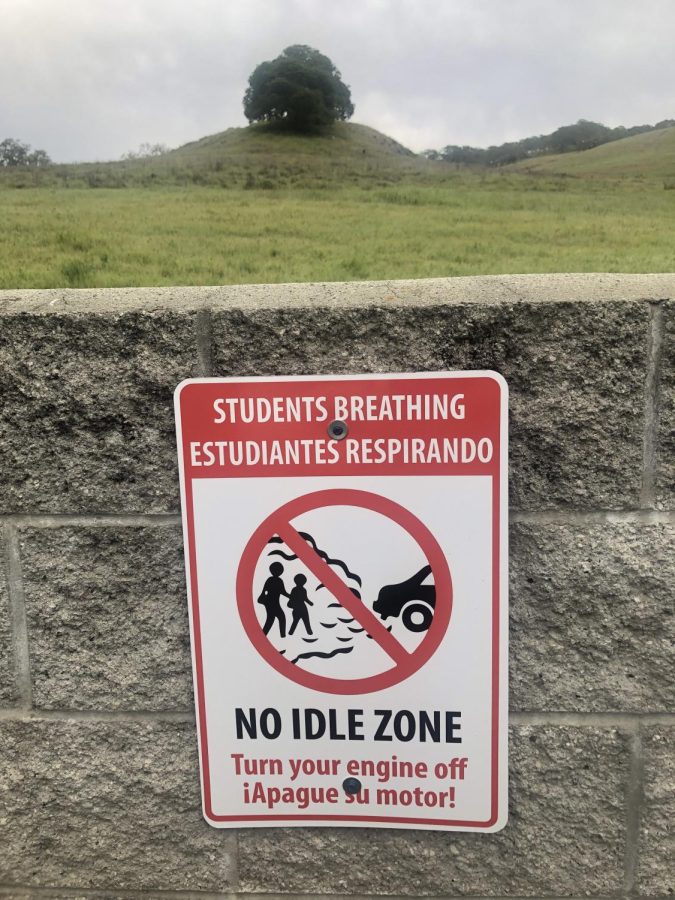



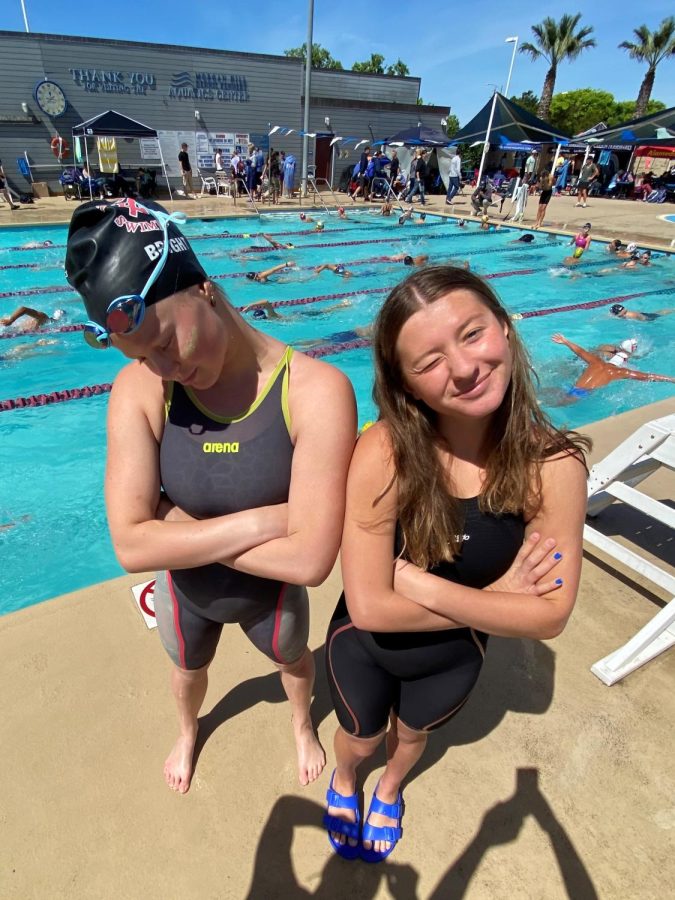



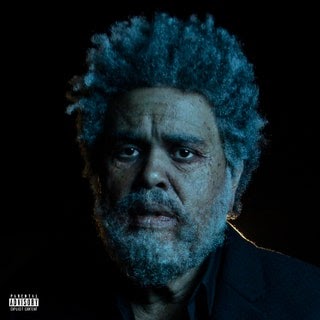
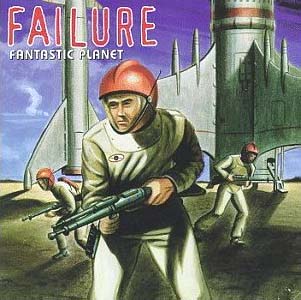
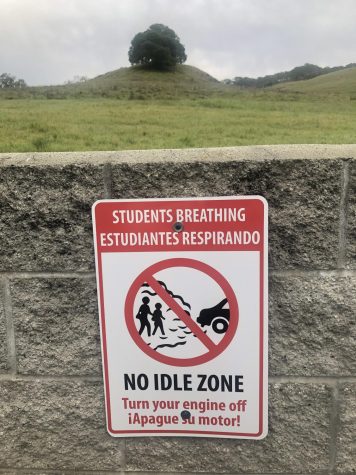




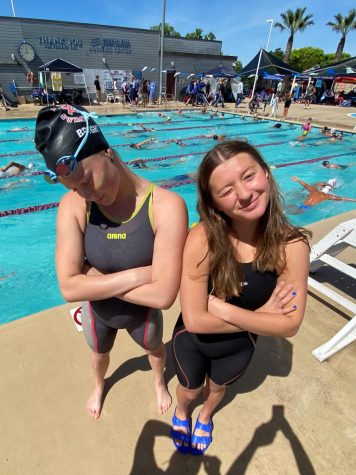
Athena Ryan • Feb 24, 2022 at 10:52 pm
Thanks for interviewing us Flip!